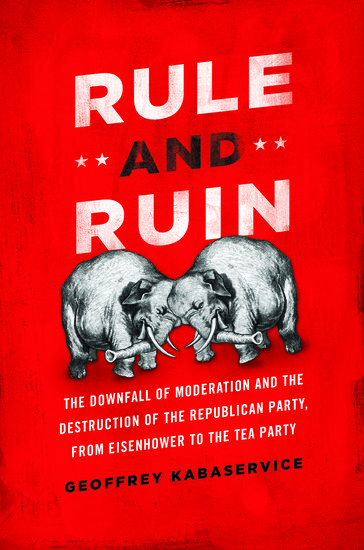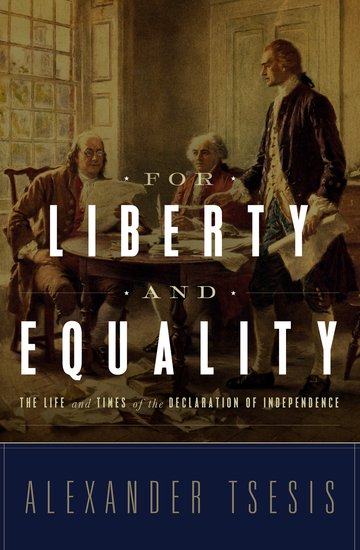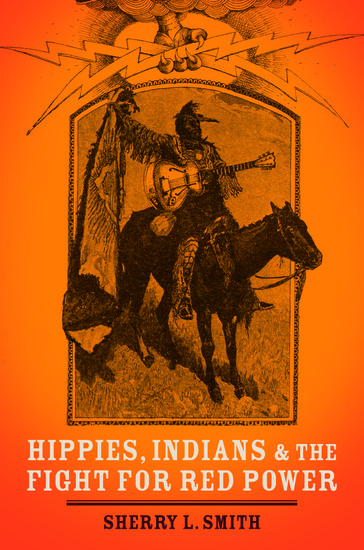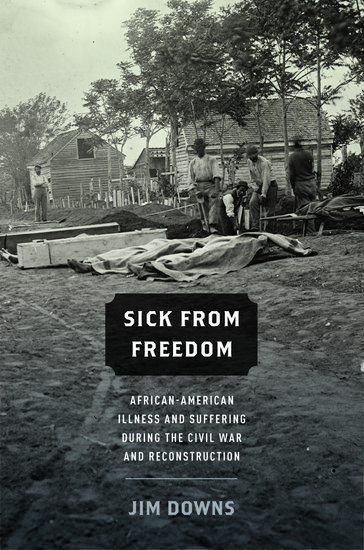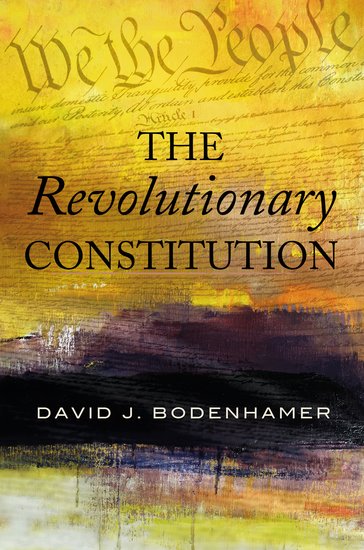Theodore Roosevelt, family man as political strategy
By Lewis L. Gould
Theodore Roosevelt was forty-two years old when he became the twenty-sixth president of the United States. He had been a Republican since his boyhood, but his allegiance to the Grand Old Party was not that of a regular partisan. He had little interest in the protective tariff and was not a fan of businessmen or the process by which they made their money. Instead, as a member of the New York aristocracy, he saw his duty as representing the American people in their adjustment to the promises and perils of industrial growth.




